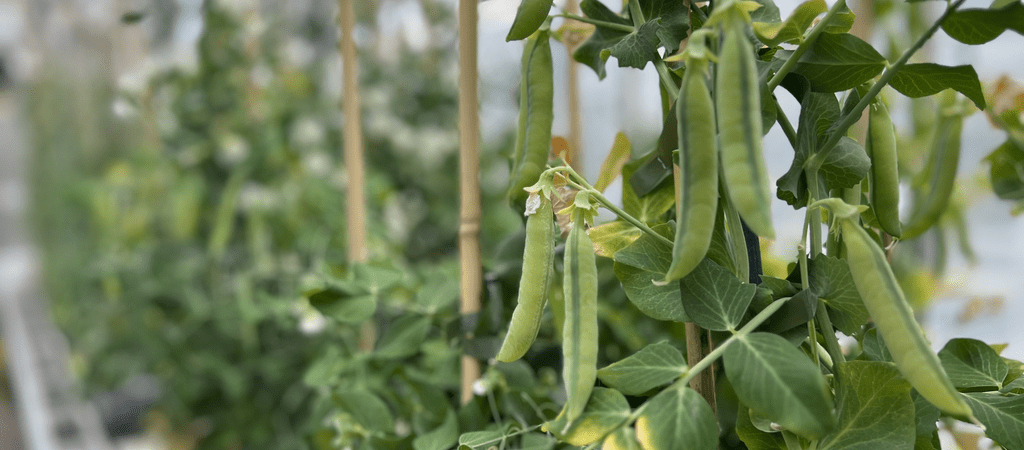United Kingdom
May 31, 2023

Germinal is proud to announce our involvement in a £1 million ‘Pea Protein’ project aiming to reduce the UK’s dependence on imported soya. In 2022 alone, the UK imported three million tonnes of soya for human food products and animal feeds.
With soya contributing to deforestation in South America, this is an unsustainable practice contributing to climate change and is one that Germinal will work to mitigate.
Peas: An alternative protein to soya
The Pea Protein project has been developed to produce an alternative plant-based protein source to soya beans, which cannot be grown at scale in the British climate.
While offering a rich protein source, peas are also beneficial to the environment by boosting soil health through fixing free nitrogen from the air and leaving a supply for the next crop. In turn, this can help British farmers cut back on their use of nitrogen fertiliser.
Project objectives
Spearheaded by Germinal Horizon, our Research and Innovation division, the project will also involve the John Innes Centre (JIC), IBERS and PGRO. Meanwhile, funding is coming partly from Defra and the Farming Innovation Pathways via Innovate UK, which is part of UK Research and Innovation (UKRI).
There are three core objectives the project is aiming to achieve:
- Replace soya with UK protein crops
- Meet market demand for taste and functionality
- Produce a soya protein alternative sustainably
Germinal UK and Ireland Managing Director Paul Billings made the following comments after the project was announced by Thérèse Coffey MP, Secretary of State for Environment, Food and Rural Affairs.
“Finding a sustainable alternative to soya is a priority for the food industry. Protein crops such as peas are ideal for the UK climate but one of our challenges is their flavour profile in human food.
“Pea flavours are undesirable for consumers in processed food, so the goal is to produce peas that are tasteless but retain nutritional value. The gene for flavourless peas was first identified in the 1990s by scientists at the John Innes Centre in Norwich.
“This exciting breeding programme will use innovative research in pea genetics to develop new varieties without the traditionally associated problems.
“This funding continues to drive our innovation journey alongside award-winning Aber High Sugar grasses that can reduce emissions from ruminant grazing animals and a world-first hybrid clover that is resilient and resource-efficient”.
Climate smart commitment
The project will foster environmental sustainability while giving British farmers the economic opportunity to replace imported soya with a homegrown alternative.
Germinal Horizon will ensure robust testing at the farm level so that only the varieties that meet market demands and the agronomic requirements of farmers will be commercially progressed.
Germinal is committed to a climate smart approach across the business and this project will be a positive step forward in the drive to find tailored solutions for the food industry that consider both the climate and consumer.